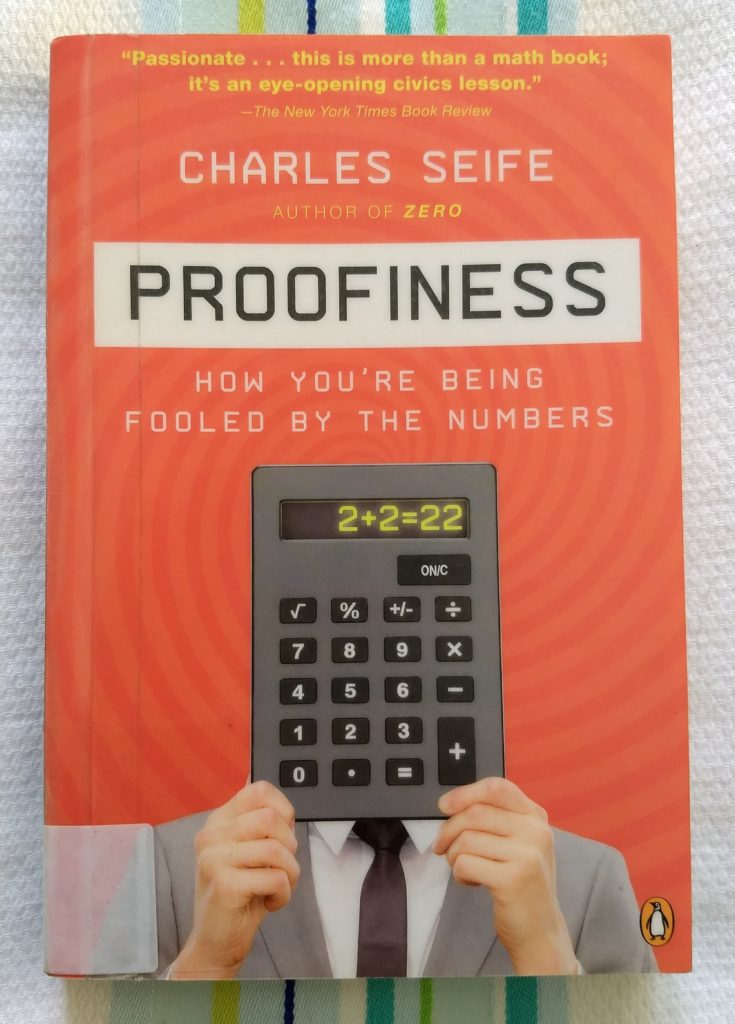 This is a great survey of all the ways to lie with statistics, and how to avoid being fooled by them. So many of the things we read and hear are based on numerical data, and often it’s hard to argue with them — “the numbers don’t lie”, they say. And it’s true: numbers don’t lie. But people lie, sometimes using words and sometimes using numbers.
This is a great survey of all the ways to lie with statistics, and how to avoid being fooled by them. So many of the things we read and hear are based on numerical data, and often it’s hard to argue with them — “the numbers don’t lie”, they say. And it’s true: numbers don’t lie. But people lie, sometimes using words and sometimes using numbers.
There are sections on politics, discussing gerrymandering and also counting election results. Seife’s analysis of the 2000 US presidential election is excellent, laying bare the frankly ridiculous voting systems in use. He also reveals what the actual result should have been, after all the court cases and recounts. His conclusion surprised me, but it is actually the only sensible option even though it would probably have caused outrage.
 The whole idea of mathematics is to make things easier. It allows us to understand the world is ways that would be impossible without it. So it’s a great shame that many people see it as shrouded in mystery. Eugenia Cheng tries to overcome this problem in this book about mathematics and cooking (and in some cases, the mathematics of cooking).
The whole idea of mathematics is to make things easier. It allows us to understand the world is ways that would be impossible without it. So it’s a great shame that many people see it as shrouded in mystery. Eugenia Cheng tries to overcome this problem in this book about mathematics and cooking (and in some cases, the mathematics of cooking).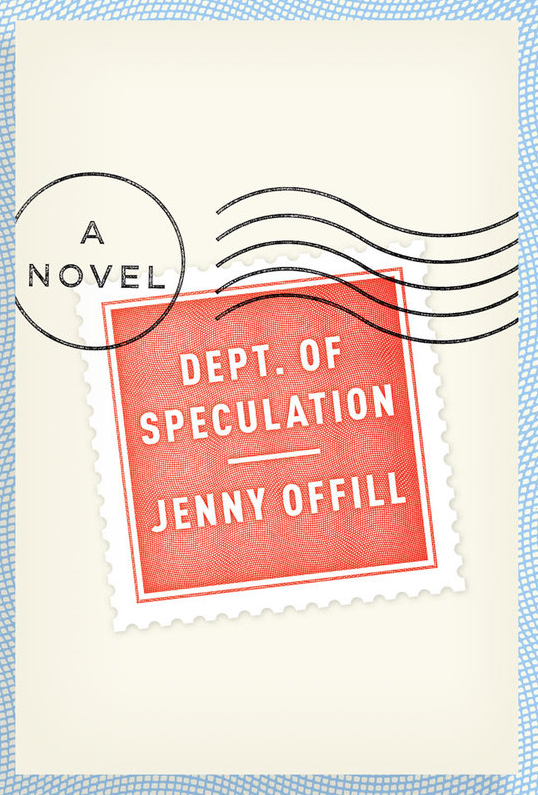 This small but perfectly-formed book is a simple story of girl meets boy and all the usual things that follow. But it’s told in an unusual way so that I sometimes felt as if I was inside the main character.
This small but perfectly-formed book is a simple story of girl meets boy and all the usual things that follow. But it’s told in an unusual way so that I sometimes felt as if I was inside the main character.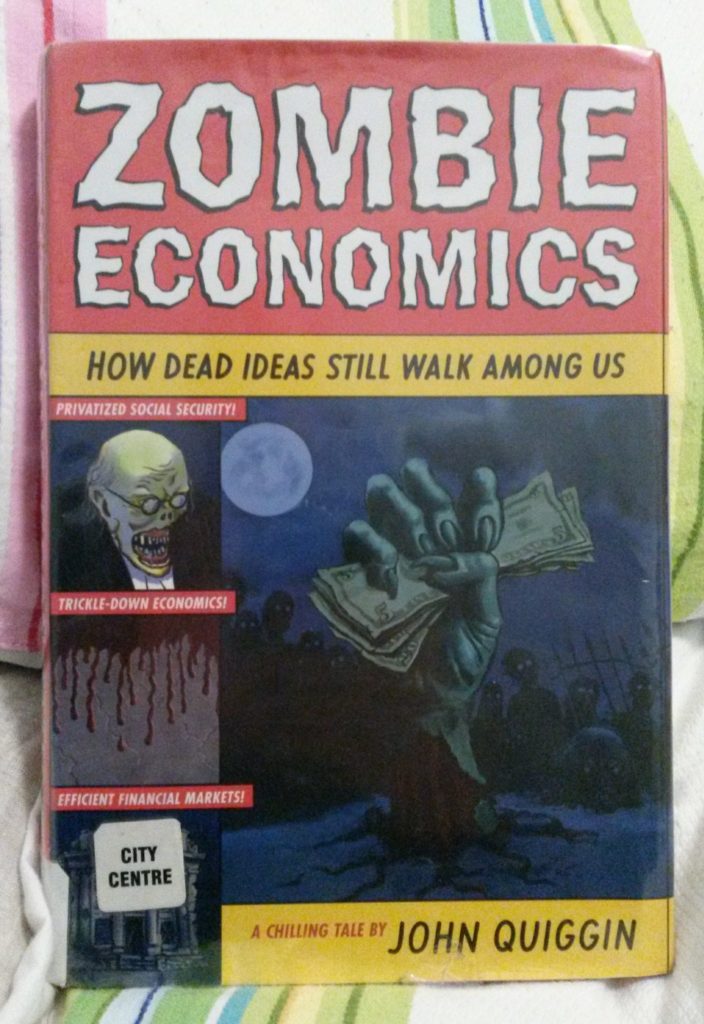
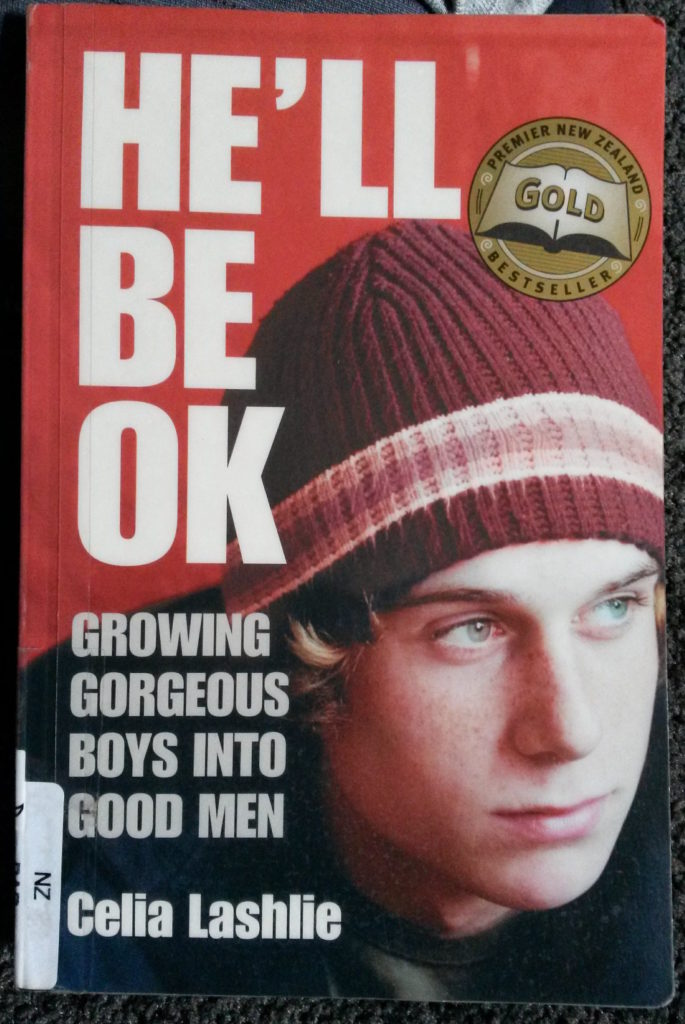 This book is about raising boys, especially teenagers. It’s heartfelt and compelling, and it has a lot of good things to think about and remember if you have a teenaged son, or are planning to have one.
This book is about raising boys, especially teenagers. It’s heartfelt and compelling, and it has a lot of good things to think about and remember if you have a teenaged son, or are planning to have one.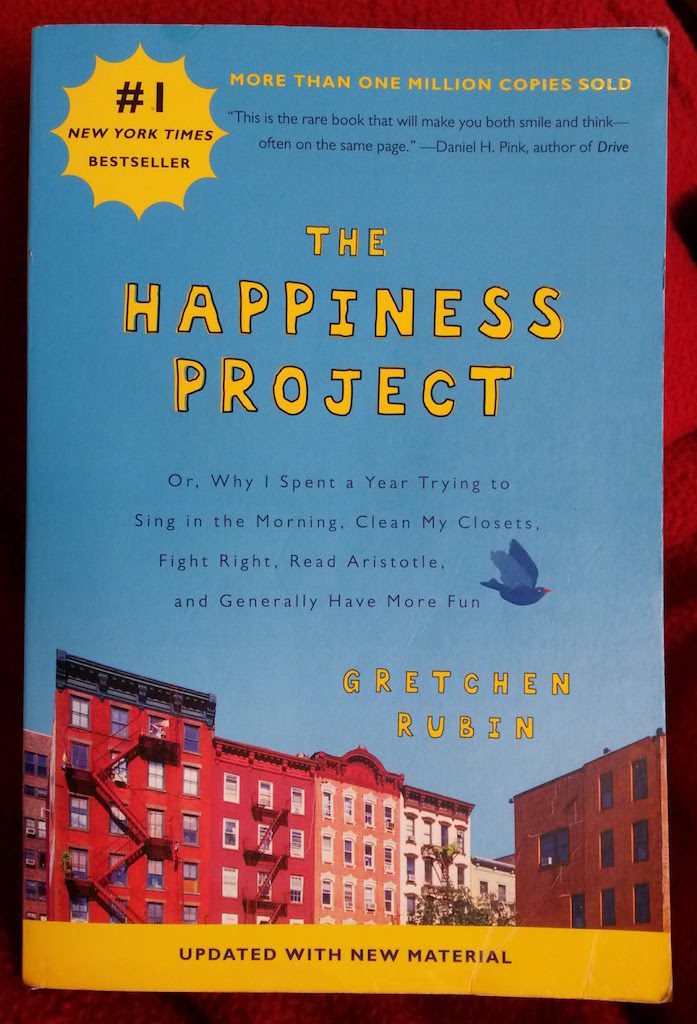 This book made me happy. Gretchen Rubin did her research, found out every possible method for becoming more happy, and then spent a year trying them all out. In the end she decides it has worked — she is happier — and she evaluates which methods worked best for her. She’s read a stack of popular psychology books and self-help guides, so we won’t have to.
This book made me happy. Gretchen Rubin did her research, found out every possible method for becoming more happy, and then spent a year trying them all out. In the end she decides it has worked — she is happier — and she evaluates which methods worked best for her. She’s read a stack of popular psychology books and self-help guides, so we won’t have to.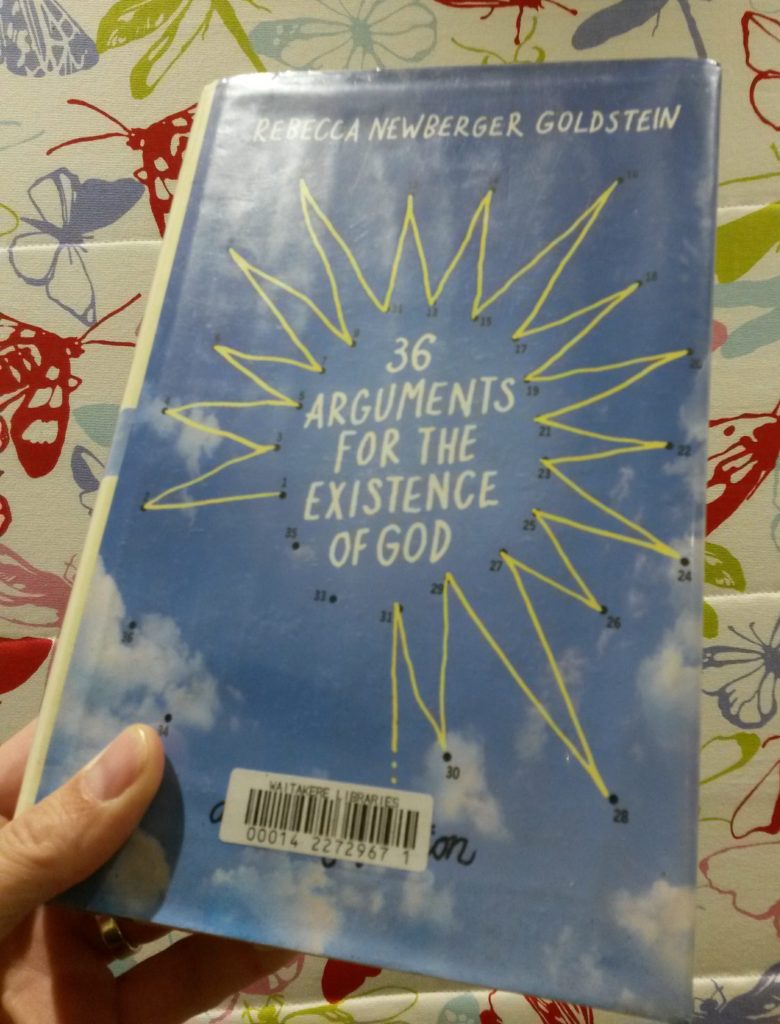
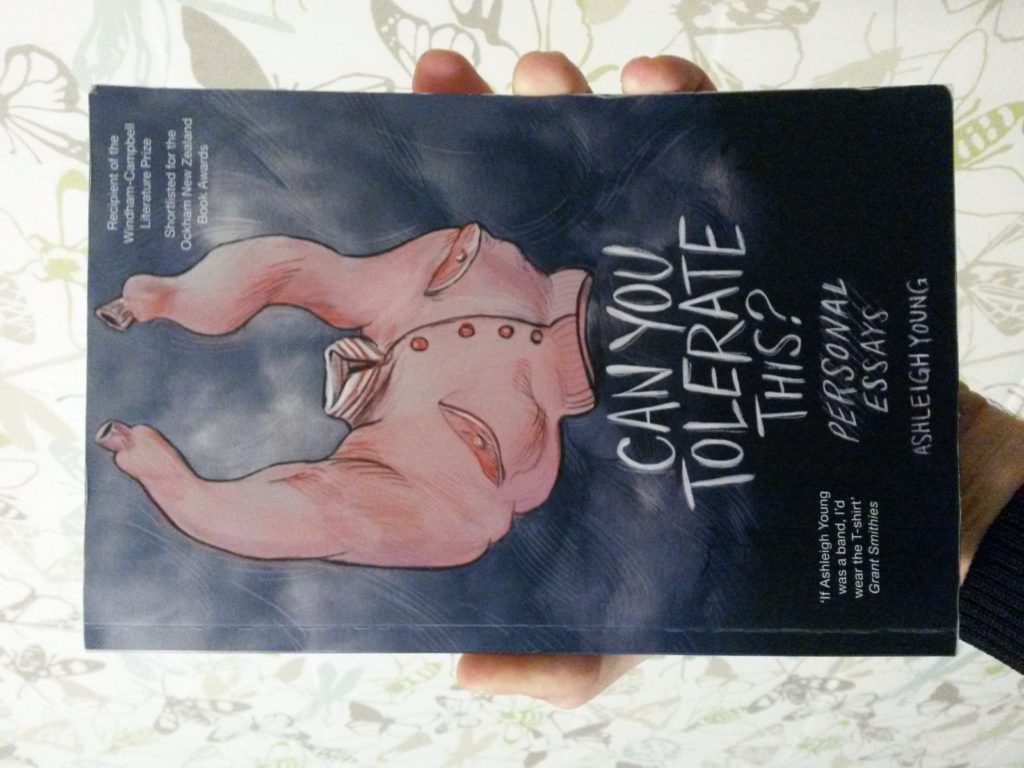
 This is a fascinating book about poetry, disguised as a wry and humorous story about a poet with writers’ block. It’s like two books in one!
This is a fascinating book about poetry, disguised as a wry and humorous story about a poet with writers’ block. It’s like two books in one!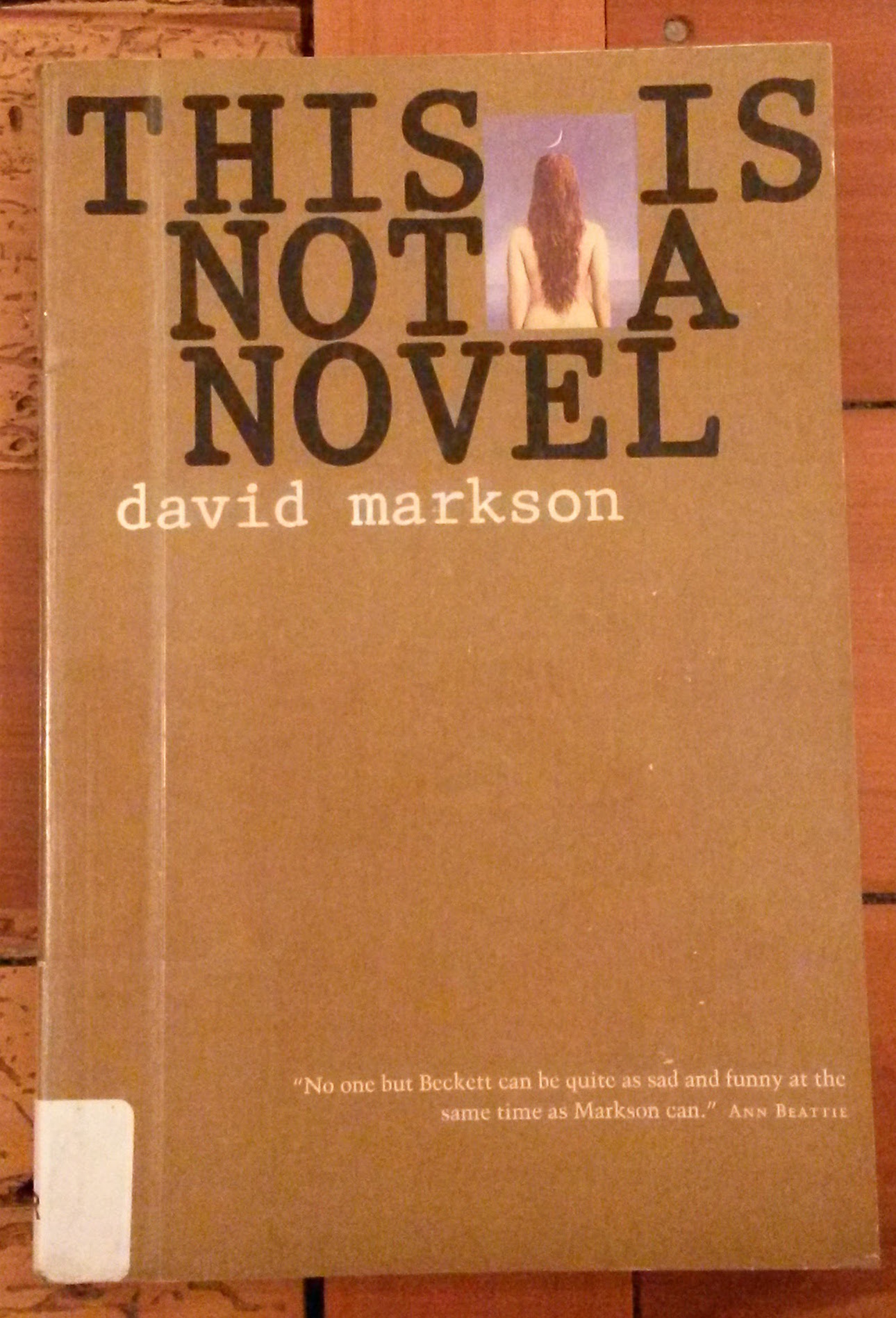 I have never read a novel like this before, but that’s obvious since it is actually not a novel. (The clue is in the name.) But it has characters (well, a character), lots of historical figures, and a (very faint) narrative arc. And it’s pretty fun to read.
I have never read a novel like this before, but that’s obvious since it is actually not a novel. (The clue is in the name.) But it has characters (well, a character), lots of historical figures, and a (very faint) narrative arc. And it’s pretty fun to read.